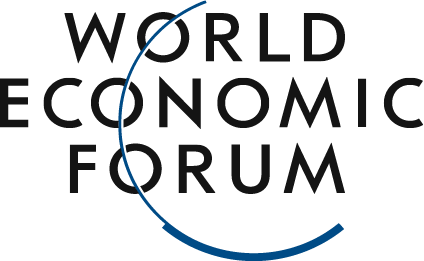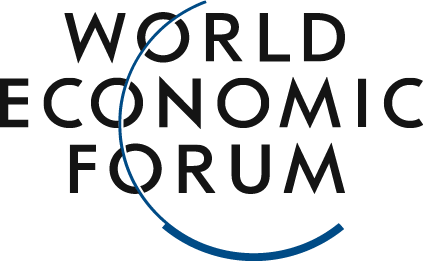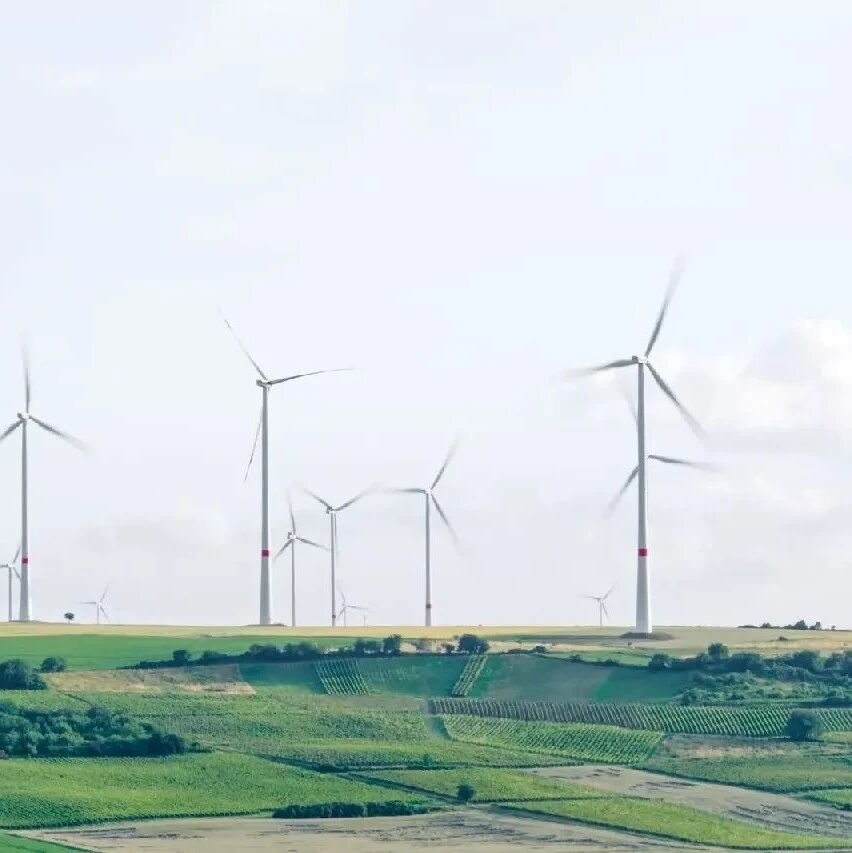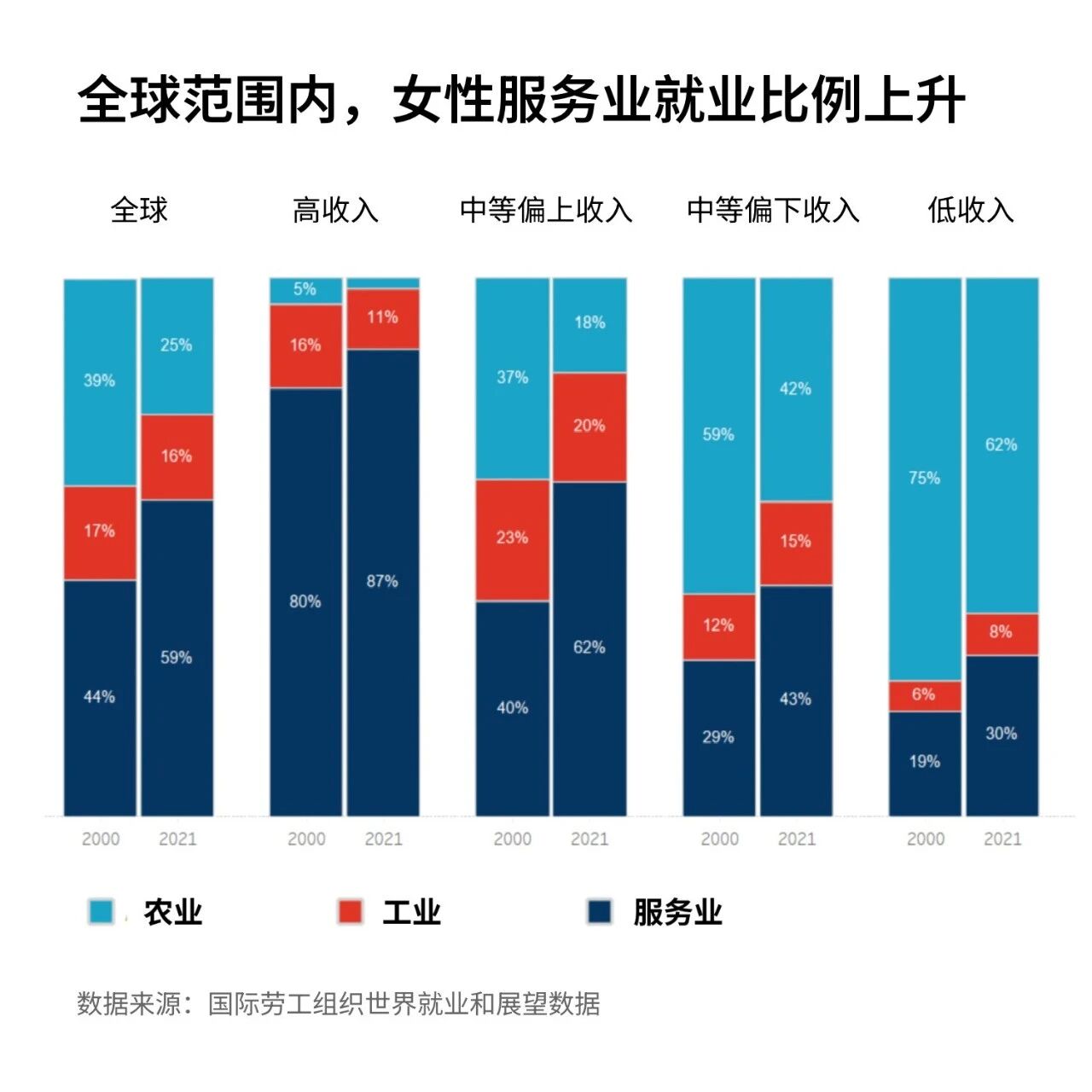

To strengthen financial resilience, we need to ensure that the savings system is proactive.
Image source:Pexels
Aaron Schumm
Founder and CEO of Vestwell
- In today's increasingly complex global economic system,Financial insecurity is no longer an individual struggle—it has become a systemic, global risk.
- Millions of people don’t have enough savings to cover unexpected expenses.
- Employers can play a critical role in helping employees save, thereby strengthening their overall financial resilience.
Imagine this scenario: You’ve just finished a period of work, but before landing a new job or securing health insurance, you suddenly fall seriously ill and require hospitalization. By the time treatment is over, the bill balloons into the five-figure range—forcing you to exhaust your savings, take on high-interest debt, and even delay essential family expenses. While this situation is certainly alarming, it’s far from uncommon.
It profoundly reminds us:A sudden event is all it takes to disrupt a family's financial stability—so it’s crucial to build resilience before a crisis strikes.
At the World Economic Forum's 2025 Annual Meeting,Financial ResilienceIt has become a central issue. Escalating geopolitical tensions and ongoing pressures on global supply chains are increasingly exposing the vulnerabilities of financial markets and government fiscal systems.The key message conveyed at the forum was clear:Traditional financial planning methods can no longer keep up with today's evolving economic landscape.
In "deglobalization,"In the context of persistent inflation and economic fragmentation, we must rethink the very meaning of "financial security.",2025,:,
,:“”,“”
,,,“”(Emergency Savings Accounts, ESA),
——,,,,
,,,,
,,,
,,,
,,43%,40%,
,50 ——,
,20152050,60,12%22%,2020,,,
,:
,
——AI,,,,,
,Individuals themselves are also a key driving force. They need to actively participate in existing initiatives and champion broader financial health policies. This is essential for fostering long-term societal and cultural transformation.
In a world where economic and geopolitical uncertainties have become the new normal, the question is no longer "whether we'll face another financial shock," but rather "when.""When it will come."Now is the time.The best time to invest in financial resilience.
Financial stability shouldn’t be prioritized only after a crisis strikes—it must become an integral part of the economic system.The core component—built proactively, supported by equitable mechanisms, and jointly maintained through collaboration across society.

The above content solely represents the author's personal views.This article is translated from the World Economic Forum's Agenda blog; the Chinese version is for reference purposes only.Feel free to share this in your WeChat Moments; please leave a comment at the end of the article or on our official account if you’d like to republish.
Editor: Wan Ruxin
The World Economic Forum is an independent and neutral platform dedicated to bringing together diverse perspectives to discuss critical global, regional, and industry-specific issues.
Follow us on Weibo, WeChat Video Channels, Douyin, and Xiaohongshu!
"World Economic Forum"


